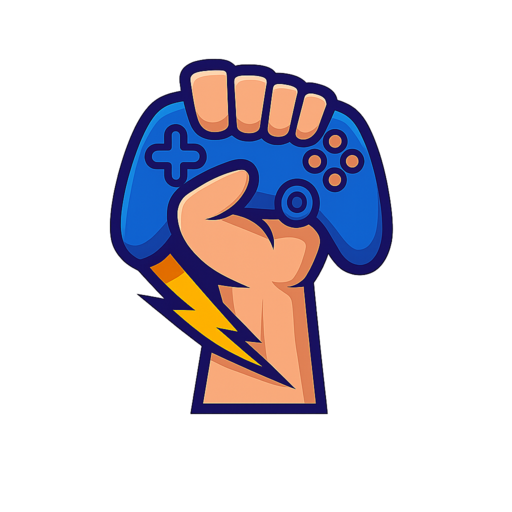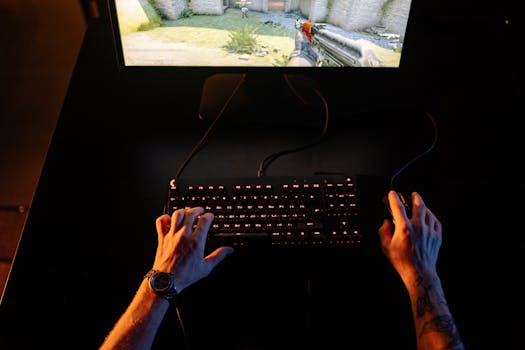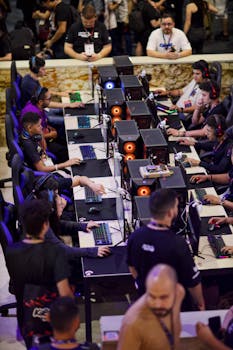
Gaming Culture
Why Gaming Is More Than Just Entertainment — It’s a Lifestyle
Discover how the gaming lifestyle influences daily routines, social bonds, creativity, and self-growth. Learn why gaming's real impact is shaping...
Featured Posts
Check out the latest news from the category
Browse by Category
Select a category to see more related content
Carregando posts...



